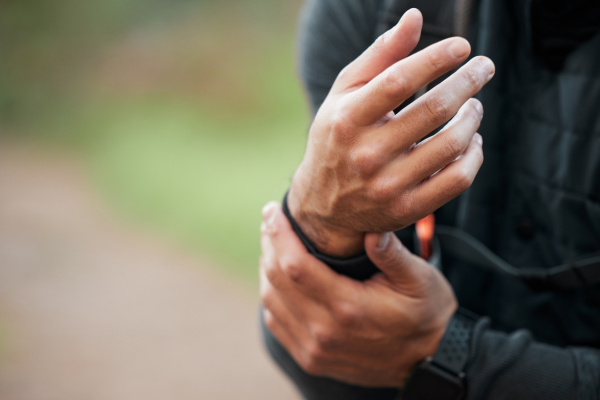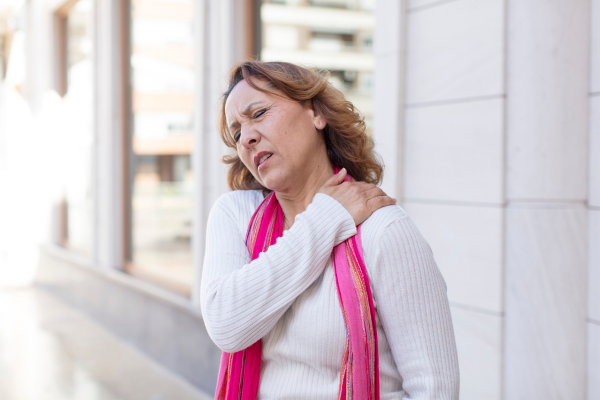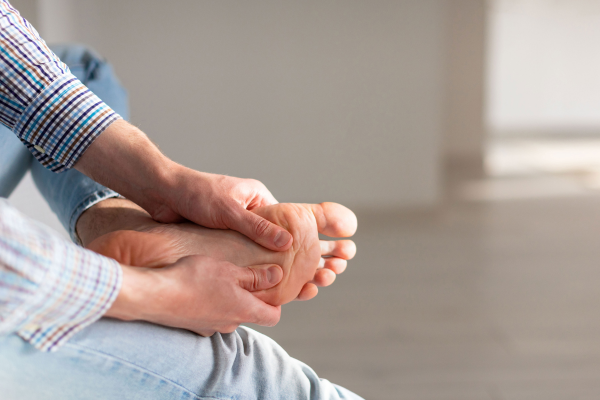Spring is in full swing and now that the weather seems to be picking up, many of you will be out in the garden for another season of weeding, digging and growing! There is a lot of hefty work to be done during this period of the year, from tidying up after several months of neglect to digging the borders and preparing the vegetable patches.
Gardening certainly does have many health benefits. In addition to providing stress relief and an outlet for creativity, gardening is an excellent activity to get us moving. That said, gardening is often one of the main activities of the season where we subject ourselves to sharp increases in activity, therefore putting our backs and bodies at an increased risk of injury.
Those of you with green fingers love being out in the garden, but remember, it’s not a good idea to have lengthy spells of lifting, digging or sweeping after long periods of inactivity, or not moving your body in this way over the winter months, without first preparing your body for the tasks ahead. These initial periods of heavy activity often involve poor posture with repetitive lifting, carrying, and twisting, which can easily lead to acute lower back pain and repetitive strain injuries.
Hopefully though, if you have had the chance to read this before you get outside with that spade, then here are some basic body-mechanic tips to help prevent injuries and keep you gardening safely!
Warm up
Do some simple stretching exercises to loosen up before starting any heavy lifting or digging. Stretching should target your back and core, shoulders and arms, and leg muscles. Going for a short, brisk walk will help get the blood flowing too!
Keep objects and work surfaces close to your body
This will prevent you from over-reaching and keep your spine in a balanced position. Work at waist height with your elbows bent and your arms at your sides whenever possible. Bend your knees, instead of bending down, and squat or kneel to get to ground level for weeding and planting. If this is not possible, consider sitting on a garden stool or bench.
Gardening that requires looking up and reaching above shoulder height, such as when trimming branches or pruning, puts considerable strain on the neck. Consider using a ladder or step stool, if safe, to bring the work closer and more within reach. Use tools with long handles to avoid improper bending and reaching altogether, or garden in raised beds if possible.
Digging
Make sure you keep the shovel in front of you and avoid twisting motions. If you need to get to an area on the side, re-position yourself to keep the shovel in line with your body. The same goes for raking – pull the rake towards your body, not off to the sides.
Minimise repetitive motions
Don’t try to get everything done in one session and risk getting back pain. Alternating activities is a great way to break up the repetitive motions, for example, follow half an hour of digging or raking with some potting or pruning.
Use big muscles for lifting and carrying
When preparing to lift, think of the stance a rugby player takes in the line up: feet wide apart, tight stomach muscles, bend at the hips and not the back, chest stays higher than hips. Stick your bottom out to prevent the low back from rounding and keep the load as close to the body as possible. Use a wheelbarrow to carry heavier items like terracotta pots to avoid stressing your back muscles.
Avoid twisting the back
While pushing a lawnmower or wheelbarrow, keep your back long and arms close to the sides of the body with your hands near your hips. Likewise, when working in place, as when potting plants or pruning, make sure your hips, shoulders and feet are facing the object you are working with. Keeping everything within arm’s reach will also help to avoid twisting your back.
Rest and Hydration
Make sure you take frequent breaks, standing up straight and stretching every 15-30 minutes and ensure you have a water bottle with you to stay hydrated, especially during sunnier days.
If you need any further advice or help with any gardening-related aches or pains then please contact us and we will be more than happy to help!





